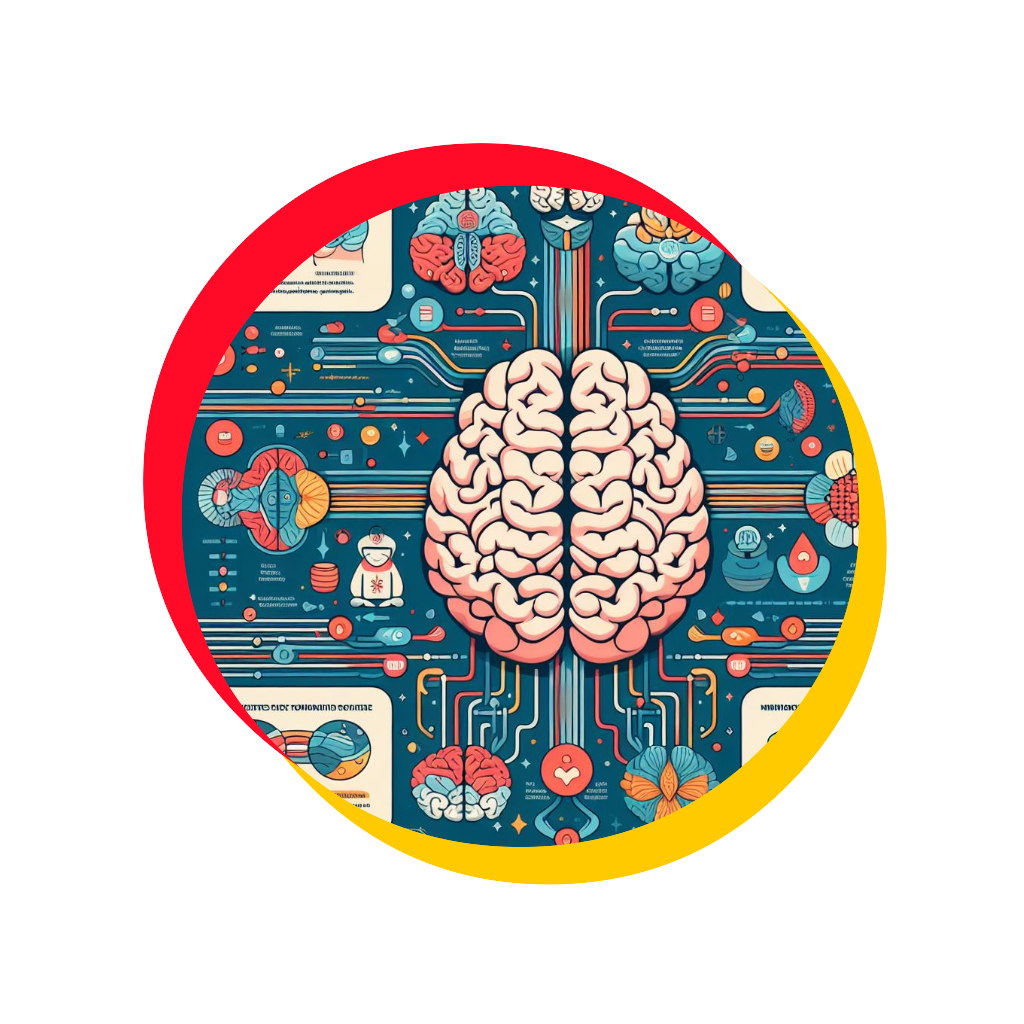The Science Behind Mindfulness: How Awareness Makes You Healthier
In our fast-paced world, staying focused on the present moment can feel like a luxury. But mindfulness, the practice of cultivating awareness and being present, offers a wealth of benefits that extend far beyond simply feeling calm. There’s a growing body of scientific evidence demonstrating how mindfulness can be a powerful tool for fat loss, fitness improvement, and overall well-being.
Mindfulness and Mindful Eating
One of the most well-researched areas of mindfulness and health connects to our relationship with food. Mindful eating involves paying close attention to your physical hunger cues, savoring the flavors and textures of your food, and eating without distractions. Studies have shown that mindful eating can help with weight management by:
- Reducing emotional eating: Stress, boredom, or sadness can trigger us to reach for food, even when we’re not physically hungry. Mindfulness helps us recognize these emotional cues and develop healthier coping mechanisms.
- Promoting slower eating: When we eat mindfully, we tend to chew our food more thoroughly, which allows our bodies to register feelings of fullness sooner, preventing overeating.
- Improving food choices: By focusing on the sensory experience of eating, we can appreciate the natural flavors and textures of whole foods, making them more desirable choices compared to highly processed alternatives.
Meditation and Weight Loss
Meditation, a core practice of mindfulness, involves training your attention and awareness. While it may not directly cause weight loss, research suggests it can be a valuable tool for managing behaviors that can hinder weight loss goals. Studies have shown that meditation may:
- Reduce stress-induced cortisol levels: Chronic stress can lead to increased cortisol, a hormone that promotes fat storage. Meditation has been shown to lower cortisol levels, potentially creating a more favorable environment for weight management.
- Improve impulse control: Mindfulness practices can strengthen your ability to resist unhealthy temptations, like reaching for sugary snacks or skipping a workout.
- Increase motivation and self-compassion: Building a mindful practice can foster a more positive relationship with yourself. This self-compassion can be key to staying motivated and making sustainable changes to your health habits.
The Mind-Body Connection
Mindfulness goes beyond just food and weight management. It fosters a deeper connection with your body, allowing you to become more aware of your physical sensations and needs. This heightened awareness can benefit your fitness journey in several ways:
- Improved body awareness: Mindfulness practices like body scan meditations can help you identify areas of tension or discomfort that may be impacting your movement or performance.
- Enhanced focus and concentration: Mindfulness can improve your ability to focus on the present moment, allowing you to be more present during your workouts and get the most out of your training.
- Reduced pain perception: Mindfulness practices can help you manage pain by shifting your focus away from the discomfort and towards acceptance. This can be particularly helpful when dealing with injuries or soreness during exercise.
Getting Started with Mindfulness
The good news is that anyone can cultivate mindfulness. Here are a few tips to get you started:
- Meditation Apps: There are numerous meditation apps available, offering guided meditations for beginners and experienced practitioners alike. Popular options include Headspace, Calm, and Insight Timer.
- Mindful Eating Exercises: Try eating in silence, focusing on the colors, textures, and aromas of your food. Chew each bite thoroughly and savor the flavors. Pay attention to your body’s hunger and fullness cues, stopping to eat when you’re comfortably satisfied.
- Body Scan Meditation: Find a quiet place and lie down comfortably. Close your eyes and focus on your breath. Slowly bring your awareness to each part of your body, noticing any sensations without judgment.
Conclusion
Mindfulness isn’t a magic bullet for health, but it’s a powerful tool that can be used alongside healthy eating and exercise to create a sustainable path towards fat loss, fitness, and overall well-being. By cultivating awareness and tuning into your body’s needs, you can make informed choices, manage stress, and build a healthier relationship with yourself and your health. So why not give mindfulness a try and see how it can transform your life?
Remember:
- It’s important to consult with a healthcare professional before making any significant changes to your diet or exercise routine.
- Mindfulness is a practice, and like any skill, it takes time and dedication to develop. Be patient with yourself and enjoy the journey.








